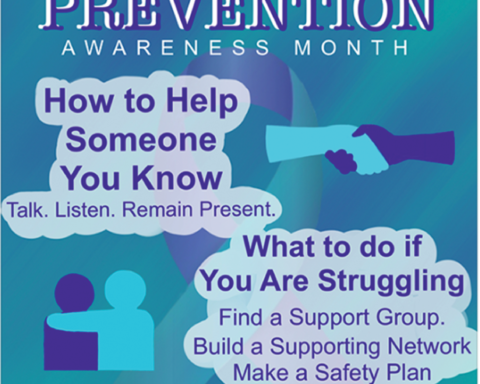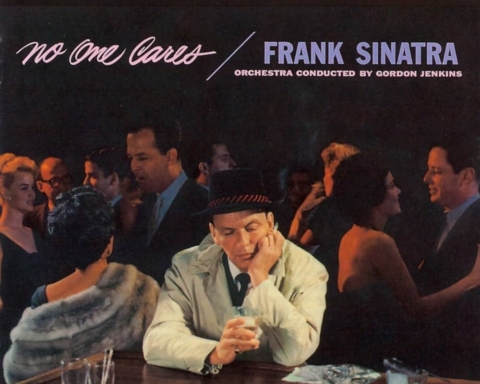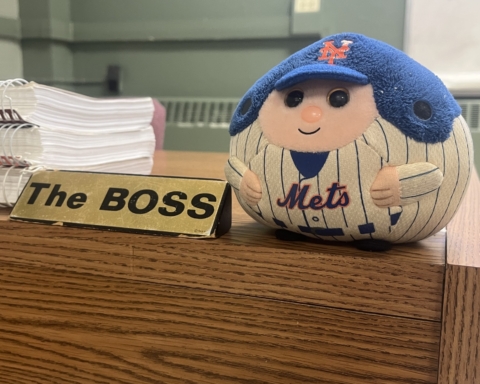After reading Matt Villanueva’s article last week in regards to President Donald Trump’s word choice and poor rhetoric and the consequences, I thought about how this is applied to the general population and the words we say often.
A big one I hear a lot that needs changing is talk about suicide. John Pullano previously wrote about this topic, but its importance leads to me addressing it again. After high-profile suicides such as Robin Williams and the popularity of the Netflix show “13 Reasons Why,” suicide has left a stain on our society. Nearly everyone knows someone who committed suicide or has been affected by its effects.
Yet, I still overhear people saying “I want to kill myself” constantly about minor inconveniences. At times I have even heard people jokingly say, “kill yourself.” While I’ve tried my best to cut the phrase out of my vocabulary, I continue to hear it daily.
The topic of suicide isn’t a joke, and any words associated with it out of context makes it into one.
Another example of word choice’s effect is when people come out. I wrote an article for Outsports in January about my coming out experience and being a gay athlete. About taking care when talking about how people reacted.
It is common to hear people say, “No one cared” or “It didn’t matter” when discussing coming out to people. When you think about what that statement actually means, it makes it sound as if a person’s sexuality or gender doesn’t matter. Rephrasing as, “My parents still cared about me” or “My friends said they don’t think of me any different” changes the tone from lack of interest to a more supportive stance.
One last example of using words incorrectly relates back to suicide, but broadens the scope to all mental disorders. Speaking about being anxious or depressed when those are actual disorders and afflictions people have to deal with daily can be degrading. When people who suffer from mental illness hear someone say, “That’s depressing.” People talk about the stigma of mental health, but do not address people when they say, “I’m so OCD about taking notes in class.”
Mental disorders cause significant impairment to people’s lives. Feeling sad or preferring to be organized is not the same as a diagnose condition.
President Trump has a higher role than any of us, so we can judge his actions and word choice more harshly. However, that shouldn’t mean we ignore the words and phrases our friends, family and ourselves use on a daily basis as well.
Try to be more conscious of what you’re saying and what the implications and underlying meaning are.
Ryan Signorino, Training Editor
signorra15@bonaventure.edu








